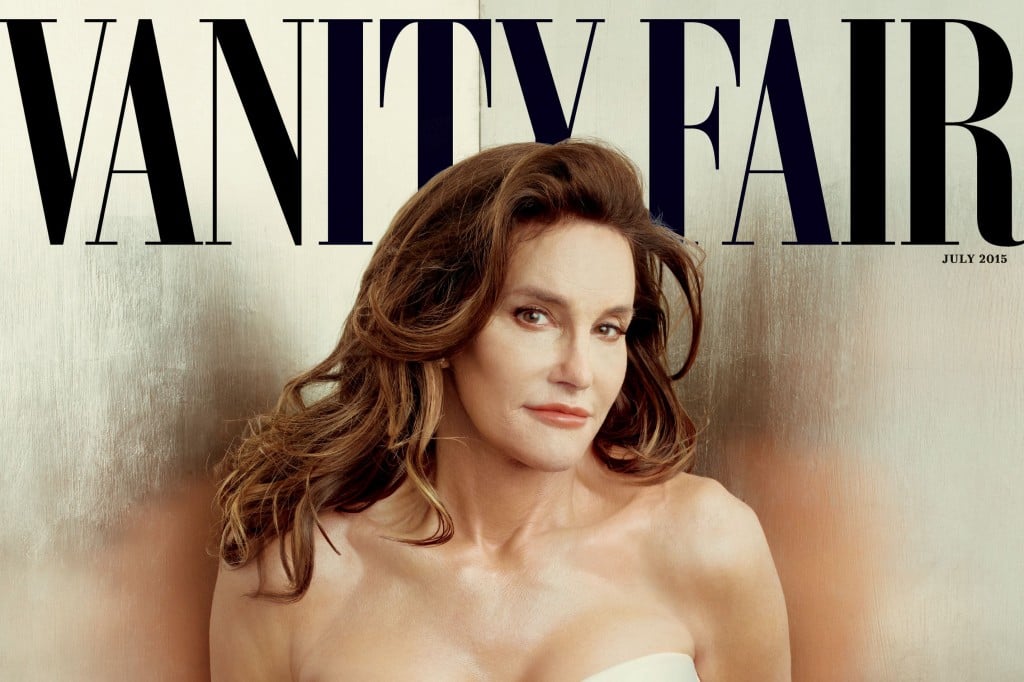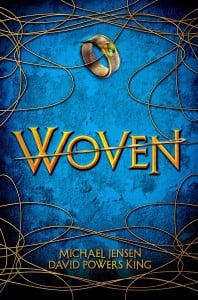 It’s not often that I get depressed about the death of a celebrity. It’s happened though. In September 2006, I woke up to the gut-wrenching news that Steve Irwin, better known as The Crocodile Hunter, had been impaled by a friggin’ pancake fish. That sucked, I loved that guy. In April 2009, I had just sat down to eat lunch one afternoon when I’d learned that longtime Philadelphia Phillies broadcaster, Harry Kalas had passed away only hours before an afternoon game. That left me reeling on par with the loss of my grandfather. As horrible as it sounds, I often act as though celebs are not real people. And sometimes that’s true to an extent. They’re expected to take every venomous bite struck by the consuming public and if they dare to swing back with so much as a love tap, they’re vilified and tossed to the talk shows and social media hashtags to be torn to shreds.
It’s not often that I get depressed about the death of a celebrity. It’s happened though. In September 2006, I woke up to the gut-wrenching news that Steve Irwin, better known as The Crocodile Hunter, had been impaled by a friggin’ pancake fish. That sucked, I loved that guy. In April 2009, I had just sat down to eat lunch one afternoon when I’d learned that longtime Philadelphia Phillies broadcaster, Harry Kalas had passed away only hours before an afternoon game. That left me reeling on par with the loss of my grandfather. As horrible as it sounds, I often act as though celebs are not real people. And sometimes that’s true to an extent. They’re expected to take every venomous bite struck by the consuming public and if they dare to swing back with so much as a love tap, they’re vilified and tossed to the talk shows and social media hashtags to be torn to shreds.
No wonder it’s a challenge to care when one of them drops dead.
When the news broke yesterday afternoon that Philip Seymour Hoffman had died, I initially didn’t believe it. I saw something in my Facebook feed but assumed it was related to a Super Bowl ad. I mean, with the rumblings of a brief Seinfeld reunion circling the Internets, the death of one of my favorite actors sounded like a funny prank, perhaps even perpetrated by the man himself.
But it wasn’t a prank. We know that now. Hoffman died, most likely, from an unintentional drug overdose. And it made me sad. Really sad. And quite frankly, pissed off. This was an actor universally hailed as one of the most versatile performers in all of Hollywood. Rarely a leading man, and usually out of shape, but always able to portray a wide array of characters – both real and fictional – with pinpoint accuracy and absolute believability. That kind of talent really can’t be taught. Sure, actors can improve over the years – did you ever see some of Christina Applegate’s wretched performances in early episodes of Married…With Children? – but Hoffman had a rare and natural gift for acting unmatched by most of his colleagues.
Hoffman’s true artistic credibility lies in the fact that he’s not known for just that one role, the way some iconic actors are. I’ve never heard anyone say, “Oh, Philip Seymour Hoffman, the guy from…” You just knew who he was and why you liked him. Whether it was his 2005 role as Truman Capote, which earned him an academy award, his portrayal of music critic, Lester Bangs from 2000’s Almost Famous, or even Plutarch Heavensbee in the recently released blockbuster, The Hunger Games: Catching Fire, Hoffman made you forget that he was there while cementing in your mind the knowledge that, duh, of course it’s him. I don’t know how he did it, but he was always somehow above the films in which he acted. Like the bass player who doesn’t flash around at the front of the stage, but whose contributions hold the very fabric of the songs together, Hoffman made the “bigger” stars around him seem that much better. I still crack up every time I hear Hoffman say “Dude, I just sharted!” to Ben Stiller in 2004’s Along Came Polly. Yes, I’m thirty-three, but poop-related jokes will never get old.
Behind all the success, however, was a very troubled man. While it’s almost cliché that Hoffman died with a needle in his arm, it seems to me that this was a person who had difficulty deciphering the line between real life and the characters he so brilliantly portrayed. To that end, I’m really saddened because the world has lost a true genius. However, I’m even more saddened because this was a man who, like so many celebs and non-celebs alike, worked so hard to numb the harsh realities of the world around him. And no amount of millions can do that for anyone. If money could, then Hoffman’s story wouldn’t have us all nodding with expectant understanding upon hearing about the manner in which he died.
So here’s to the memory of one of the greatest actors of our generation. Thank you, Mr. Hoffman, for making us laugh, cry, and sweeping us away from reality into fantasy on so many beautiful occasions.
Alan Atchison is a Contributing Writer to The Rogue. He is a Senior Publications Editor at the Center for the Advanced Study of India (University of Pennsylvania), where he also earned a Masters of Liberal Arts in Creative Writing. He lives in Philadelphia, PA with his wife and two daughters. Follow him on Twitter and Instagram.










